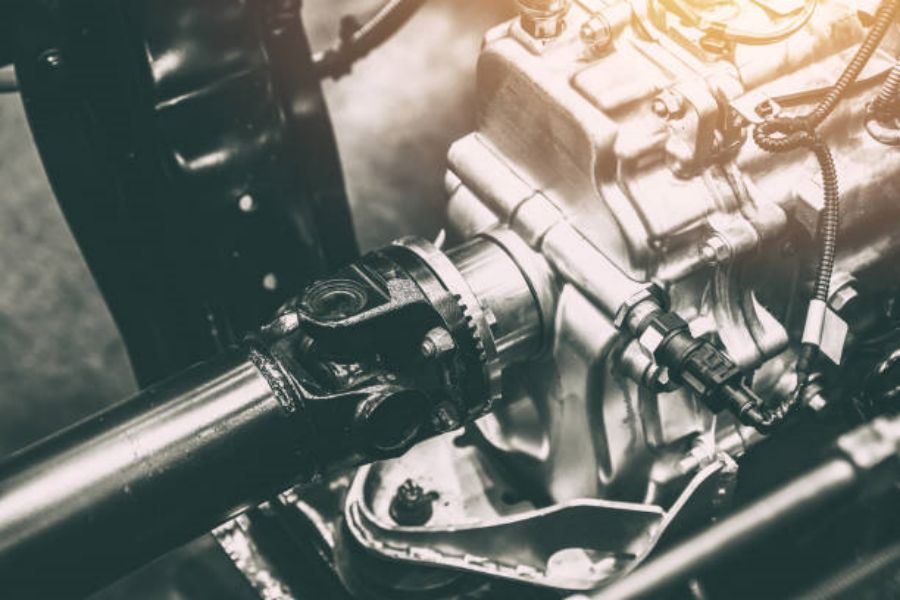Choosing the correct driveshaft is crucial for your vehicle's performance. A driveshaft that doesn't meet your vehicle's needs can cause damage, vibration, and even failure. In this article, we will guide you through the essential aspects you need to consider when choosing the correct driveshaft.
Understanding Driveshafts
Before we dive into the process of choosing a driveshaft, it's important to understand its basics. A driveshaft is a rotating tube that transfers power from your vehicle's engine to its wheels. The driveshaft connects the transmission to the differential and is responsible for transmitting torque. The length, diameter, and material of the driveshaft play a crucial role in its performance.
Identifying Your Needs
The first step in choosing the correct driveshaft is identifying your needs. The requirements for a high-performance racing vehicle and a heavy-duty truck will vary. Consider factors such as your vehicle's weight, horsepower, torque, and intended use. Once you know your needs, you can begin looking at the different types of driveshafts available.
Different Types of Driveshafts
There are different types of driveshafts to choose from, including one-piece, two-piece, and slip yoke designs. Each design has its advantages and disadvantages. One-piece driveshafts are lighter, while two-piece driveshafts can absorb more vibration. Slip yoke designs are ideal for vehicles with high angles of operation.
Length and Diameter
The length and diameter of the driveshaft affect its performance. A driveshaft that is too short or too long can cause vibration, while one that is too wide or narrow can cause damage. Make sure you measure accurately and choose a driveshaft that is suitable for your vehicle's specifications.
Material
The material of the driveshaft is also an essential consideration. Driveshafts can be made of materials such as aluminum, steel, and carbon fiber. Aluminum driveshafts are lighter, but not as strong as steel or carbon fiber. Carbon fiber driveshafts are the strongest and most expensive but are suitable for high-performance vehicles.
Balancing
A balanced driveshaft is crucial for smooth operation and the prevention of damage. A driveshaft that is not balanced can cause excessive vibration, leading to damage to the transmission and other components. Make sure you choose a driveshaft that is balanced correctly for your vehicle.
Price
Price is an important consideration when choosing a driveshaft. Driveshafts can vary significantly in price depending on their material, length, and design. Determine your budget and try to find the best-quality driveshaft that fits within it.
Warranty
Choosing a driveshaft with a good warranty is important. Accidents can happen, and having a warranty will provide peace of mind. Check the warranty before purchasing a driveshaft and make sure you understand the terms and conditions.
Installation
Choosing a driveshaft that is easy to install can save you time and money. Some driveshafts require specialized tools and expertise to install, while others are designed to be a straightforward installation. Consider the complexity of the installation process when choosing a driveshaft.
Conclusion
Choosing the correct driveshaft is crucial for your vehicle's performance and longevity. By considering your vehicle's needs, the different types of driveshafts available, the length, diameter, material, balancing, price, warranty, and ease of installation, you can find the best driveshaft for your vehicle.

